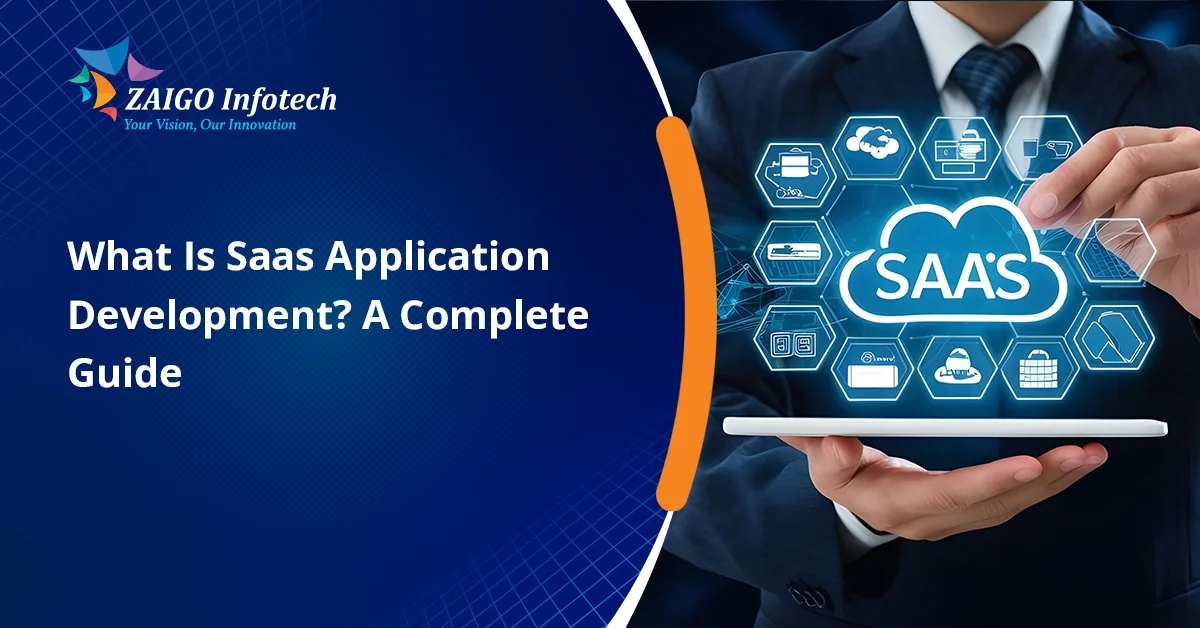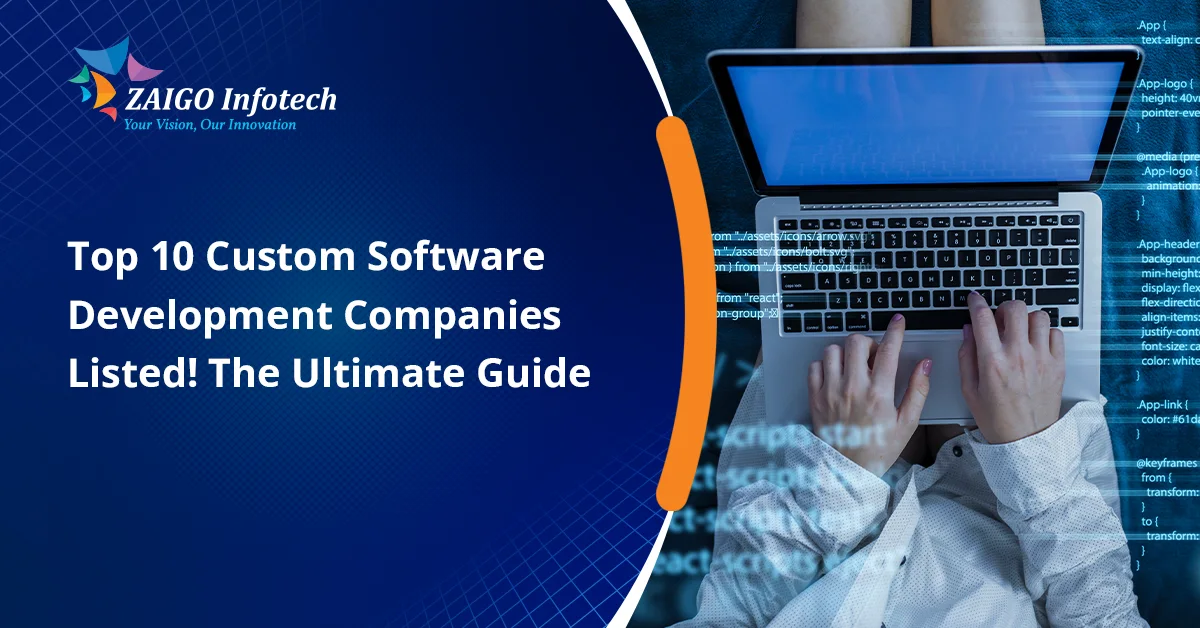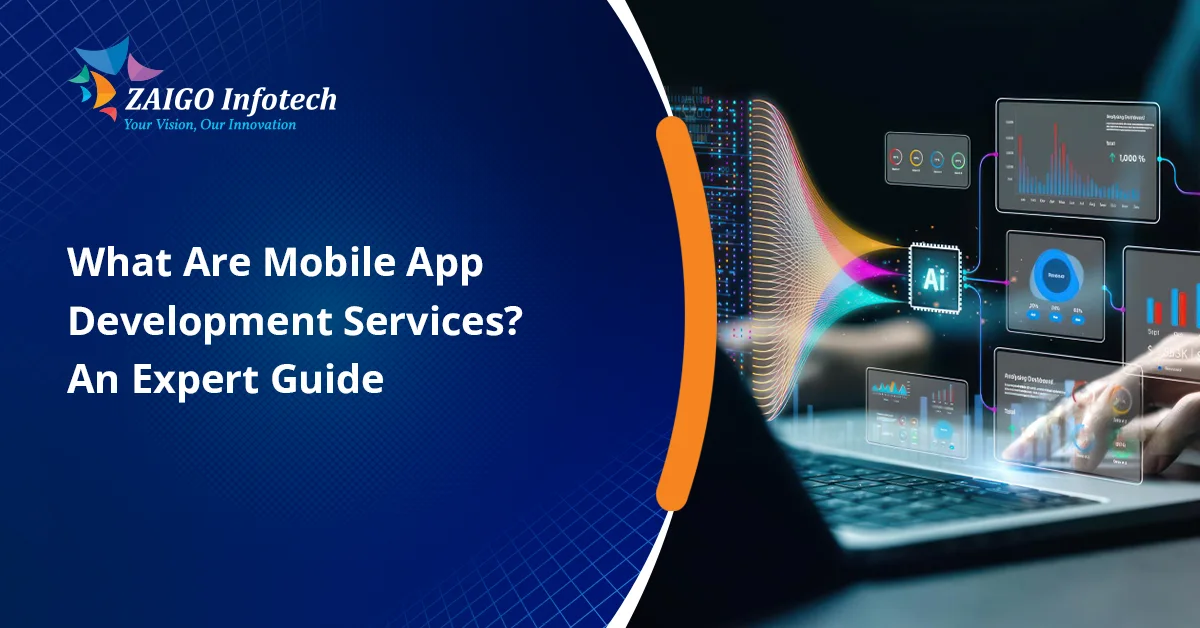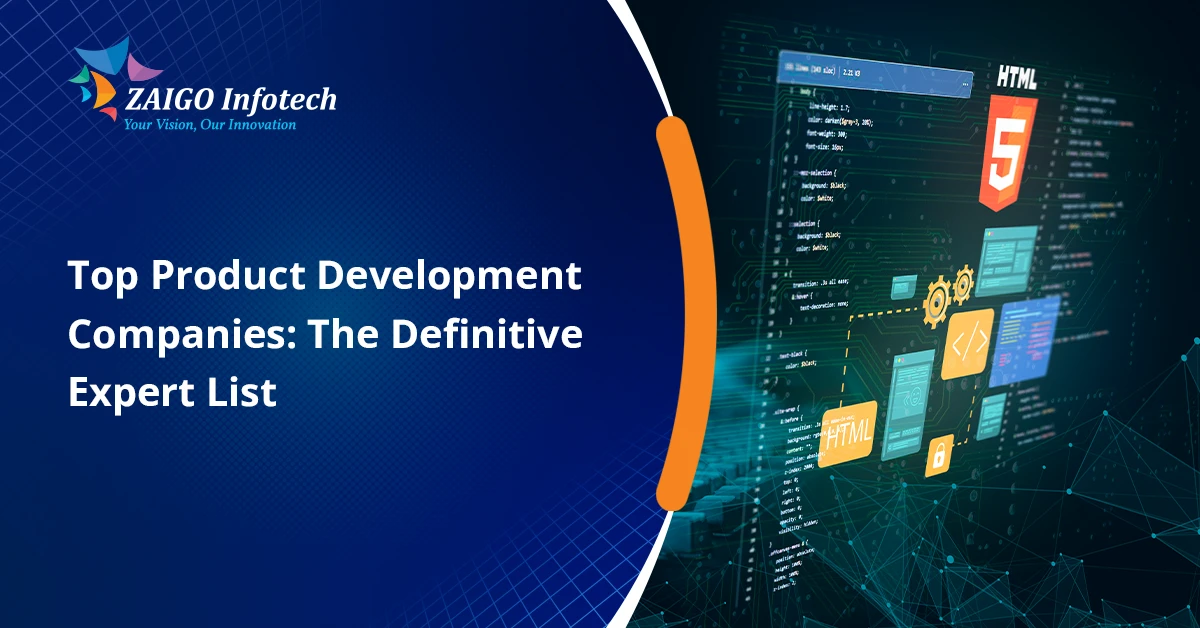
In 2026, a SaaS model is not only the way software is delivered, but it is also the way businesses scale faster, innovate smarter, and compete glob...

By 2026, companies will not be asking themselves if they require custom software solutions, but will instead be asking who is capable of delivering...

By 2026, mobile apps will meaningfully shift the digital landscape rather than just complementing it. They have become essential tools through whic...

Innovation in 2026 is not only a competitive advantage; it is also necessary for a company’s survival. As markets change at an unprecedented ...

A web app is essentially a website created to mimic the look and feel of a downloaded program. Similar to web pages, some apps are responsive and o...

Many software development projects fall behind schedule or fail to meet customer expectations because traditional project management methods are to...